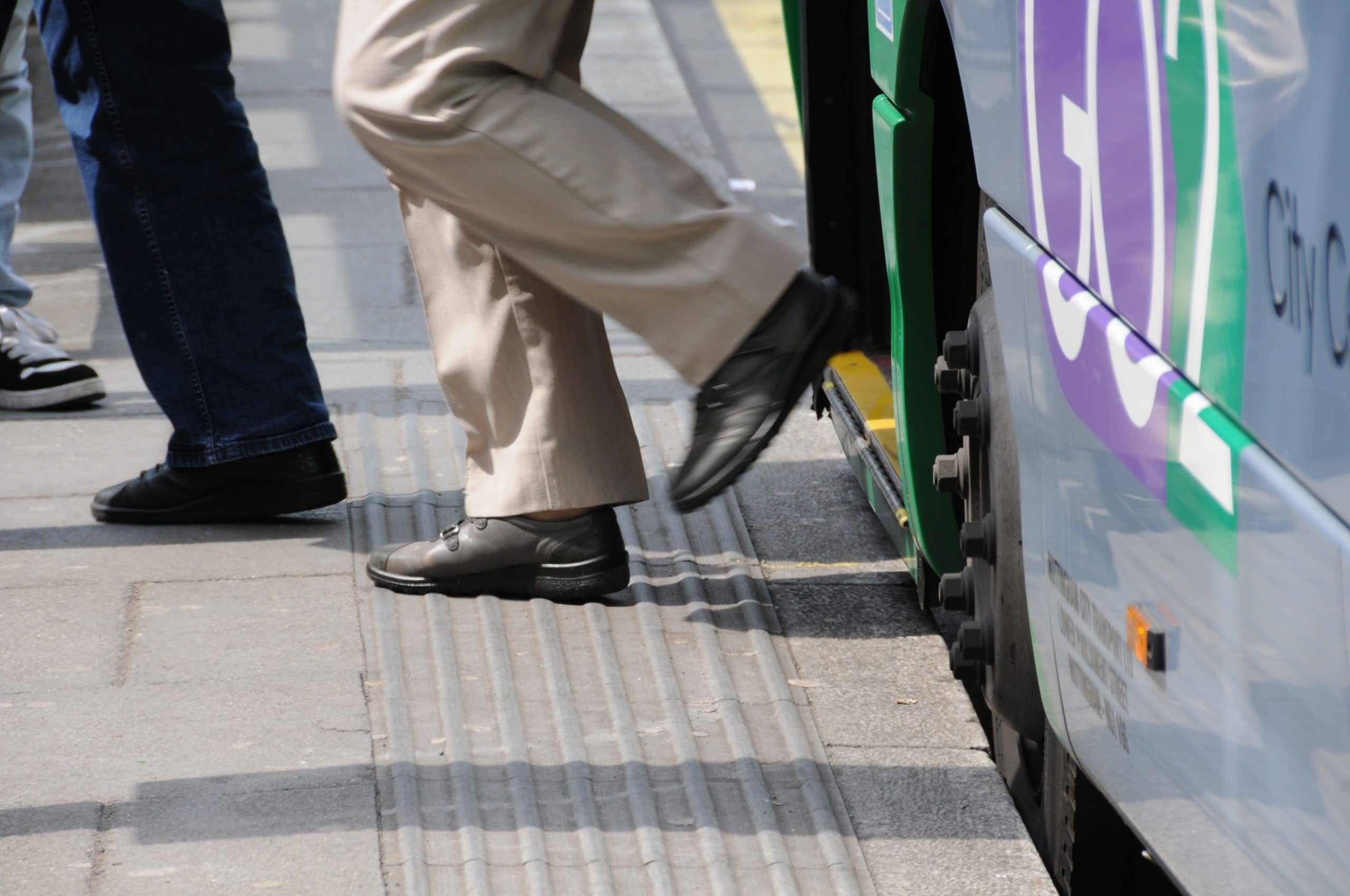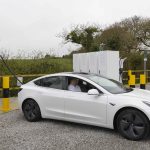London Mayor Sadiq Khan continued his plans to remove all ‘dirty diesels’ from the city’s roads last week, revealing that no more pure diesel buses will join from 2018. He unveiled a world first, too
Sadiq Khan fired his latest shot in a war against ‘dirty diesel’ when he unveiled the first hydrogen fuel cell-powered double-decker, built by Wrightbus, at last week’s Zero Emission Bus Conference, held at City Hall.
Mr Khan revealed that, from 2018, no more pure diesel buses will join the capital’s fleet and confirmed the previously-made announcement that all new single-deckers for the central area will be zero emission.
He says that the latest developments are “hard hitting measures to clean up London’s toxic air,” adding that only the cleanest technologies are wanted in cities.
“Transforming London’s bus fleet by accelerating the introducing of zero-emission buses is important, and I plan to work with bus manufacturers, other cities, the European Commission and the C40 Climate Change Leadership Group to move this agenda forward,” says the Mayor.
As ever, financing ultra-low and zero-emission buses remains the biggest hurdle. EU Transport Commissioner Violeta Bulc says that the EU is creating a “deployment initiative” for clean buses, but she also calls on better co-operation between a number of parties – including manufacturers – to support the transition.
First out of the blocks
A number of EV double-deckers have already been announced, along with ‘virtual electric’ variants that are able to spend a high proportion of time in engine-off mode.
Nevertheless, Wrightbus scored a first by unveiling its hydrogen fuel cell-powered example at last week’s conference, although electric repower specialist Magtec has already announced that it will install a fuel cell range extender in a retrofitted EV double-decker (routeone, News, 21 September).
Details of Wrights’ seed bus are being kept closely under guard for now, but the Mr Khan’s office confirms that it “forms part of the Mayor’s plan to transform the capital’s bus fleet.” Like the Magtec vehicle, it is expect to be trialled in London during 2017.
What is known about the new double-decker is that it is built on Wrightbus’ StreetDeck chassis and carries a Gemini 3 body.
The hydrogen fuel cell works in conjunction with a battery pack, allowing the bus to adopt a regenerative mode when braking; additionally, Wrightbus has revealed that – in a further first – the hydrogen-powered bus can be charged overnight if the operator requires.
Notably, the bus also includes what Wrightbus describes as “a zero-emission heating and cooling system.” Previous tailpipe emission-free buses for London have used diesel-fuelled auxiliary heaters, although at least two manufacturers are known to be progressing low-energy, infra-red saloon heating systems.

‘At the pinnacle’
The fuel cell driveline is “the pinnacle of Wrightbus’ on-going work to deliver highly innovative buses,” says Wrights Group Chairman and CEO Mark Nodder.
Mr Nodder adds that the bus has been developed in partnership with the Advanced Propulsion Centre UK (APC).
The fuel cell package is not the same as those used in the earlier single-deck hydrogen-fuelled buses built by Wrightbus, and it will “rapidly become available to power both double- and single-deck buses as it is made production-ready next year.”
At least 20 fuel cell buses will be delivered to London as part of a £10m EU-funded project supporting the technology, with Transport for London (TfL) providing £5m of funding, says the Mayor’s Office.
Mayor on the warpath…
With the unveiling of the fuel cell-powered double-decker, Mr Khan continues to take a bullish approach to air quality in London. He is calling on other cities to follow the capital’s lead and challenge manufacturers to both produce more zero-emission buses, and make clean bus technology cheaper.
The Mayor wants all buses in London to meet the Ultra Low Emission Zone (ULEZ) standard – Euro 6 or better – during 2020, although as yet addressed is what will happen to the 306 New Routemasters that have Euro 5 engines.
As built, they fail to satisfy ULEZ standards, and by 2020 will be only around halfway through their economic lives; an exemption was included in ULEZ terms to permit their use, but it is not clear whether this will remain, or if the buses will be upgraded or repowered to satisfy Euro 6.
But despite this talk – and Mr Khan saying that he wants to see London become a world leader in hydrogen and electric bus technology – TfL remains committed to procuring only 300 zero emission buses by 2020, making up just 3.2% of the 9,300 total fleet. It also continues to award tenders for services in outer London on the basis of using Euro 4 buses.
Nevertheless, the message is clear. The Mayor is more focused on air quality in London that ever before, and the industry – manufacturers and operators alike – will be expected to deliver even better products to help him improve it.
Download a report on fuel cell buses at http://bit.ly/2gJGHvk
routeone comment
The PCV industry is again in Sadiq Khan’s crosshairs. His demands that bus manufacturers further up their game – despite already leading the world in developing low emission technology – will generate mixed emotions.Funding the development and purchase of low emission vehiclees remains key.
TfL’s tame commitment to procuring 300 zero emission buses by 2020 is telling, and Mr Khan wants manufacturers to reduce purchase prices.
Will Chancellor Chris Grayling make available some of the £150m grant towards cleaner buses and taxis to manufacturers, rather than end purchasers? He may need to if Mr Khan’s hopes are to be realised.






















